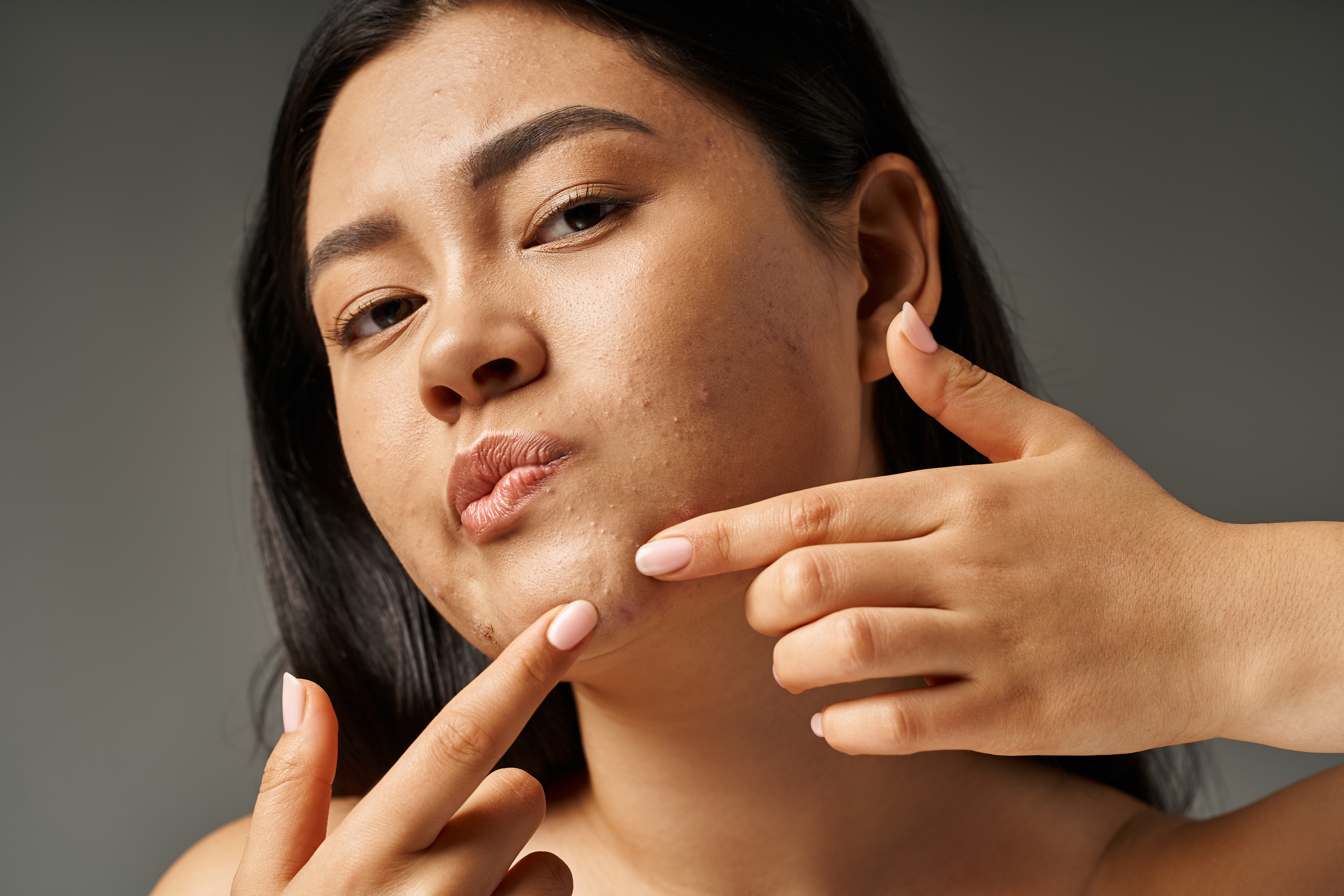13 Things Your Skin Is Telling You About Your Internal Health
3. Dry, Flaky Skin: A Clue to Dehydration or Thyroid Issues

Dry, flaky skin is a common complaint, particularly in colder climates or during the winter months. However, persistent dryness can be more than just a seasonal nuisance; it can be a clue to underlying health issues. Dehydration is one of the most straightforward causes of dry skin. When the body lacks adequate hydration, it prioritizes essential functions over skin moisture, leading to dryness. Increasing water intake and using moisturizers can help alleviate the symptoms, but addressing the root cause of dehydration is vital for overall health. Another potential cause of dry skin is hypothyroidism, a condition where the thyroid gland does not produce enough hormones. These hormones play a crucial role in regulating metabolism, and their deficiency can lead to a range of symptoms, including dry skin, fatigue, and weight gain. Blood tests can confirm a diagnosis of hypothyroidism, and treatment typically involves hormone replacement therapy. By understanding the connection between dry skin and internal health, individuals can take steps to address the underlying issues and improve their skin's appearance and texture.
4. Acne: More Than Just a Teenage Woe

Acne is often dismissed as a teenage problem, but it can persist into adulthood and be indicative of deeper health issues. Hormonal imbalances, such as those seen in polycystic ovary syndrome (PCOS) or adrenal disorders, can lead to persistent acne outbreaks. These conditions can cause an overproduction of androgens, leading to increased oil production and clogged pores. Identifying and addressing hormonal imbalances is crucial for managing acne and improving skin health. Diet can also play a significant role in acne development. High-glycemic diets, rich in sugars and refined carbohydrates, can exacerbate acne by increasing insulin levels and promoting inflammation. By adopting a balanced diet that emphasizes whole foods, lean proteins, and healthy fats, individuals can reduce acne outbreaks and improve their overall health. Additionally, stress management and proper skincare routines can help manage acne symptoms. By viewing acne as a potential signal of internal imbalances, individuals can take a holistic approach to treatment and achieve clearer, healthier skin.
